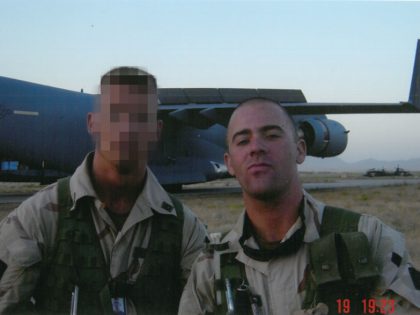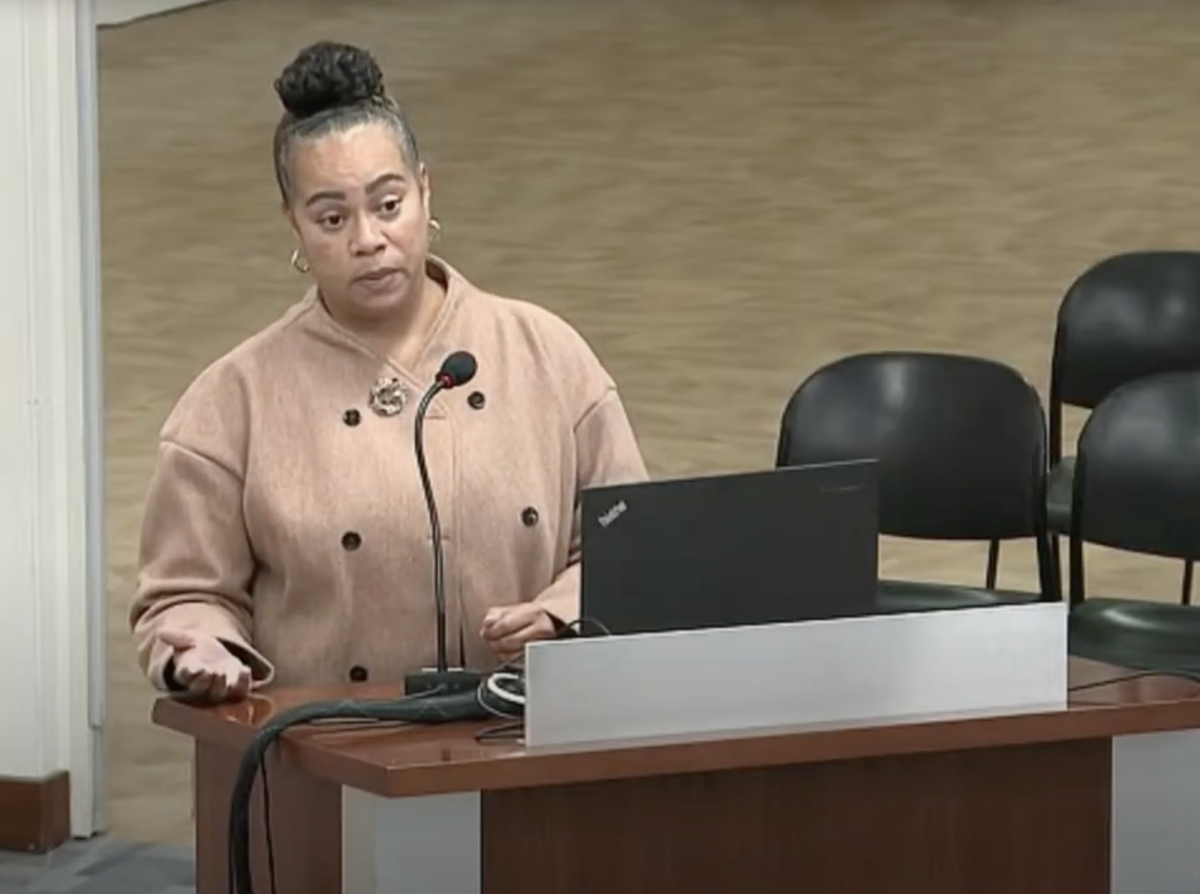During a recent online forum hosted by Berkeley City College, veteran Rory Fanning explained his journey from army ranger to war objector.
“I signed up for the military to help prevent another 9/11, and I realized that I was nothing more than a bully when I was over there, and only making the world a more dangerous place,” Fanning explained during the forum.
Fanning experienced a change of heart following two deployments to Afghanistan with the 2nd Army Ranger Battalion. He now calls himself a “war resistor.” He published an autobiography, — Worth Fighting For: An Army Ranger’s Journey Out of the Military and Across America — in 2014, and co-authored another book, Long Shot: The Triumphs and Struggles of an NBA Freedom Fighter. He often speaks about the horrific realities of war at high schools and universities.
Following Fanning’s forum at BCC, he sat down with The Citizen (virtually) to elaborate on why he became a conscientious “war objector.”

What led you to become a war resistor and want an end to wars?
I don’t think they benefit anybody but a small percentage of, you know, wealthy elites. It does not accomplish anything positive for humanity, just takes things away. I think a lot of resources are wasted fighting for or preparing for war. Obviously, far too many lives are lost and destroyed by war, and the world is not made safer because of it.
In your opinion, what was the purpose of the Afghanistan and Iraq Wars?
I think one of the main reasons is maintaining Cold War-era defense budgets. Defense contractors have a huge stake in making sure that we spend a trillion dollars a year on defense, quote-unquote, and a lot of people will lose a lot of money if we shut down our 800 basic military bases around the world. I think the US needs to pursue profits, you know any nook and cranny that it can find around the world so controlling resources is another reason… [in] maintaining spheres of influence in countries around the world. It can use places like Germany or North Korea or Japan to launch off points and events that there are other wars, so wars with places like China or Russia or whatever.
How do you think the Biden administration will change foreign policy?
Joe Biden’s [an] imperialist.… and so I think anytime he sees an opportunity to expand the US empire he’s going to do it. Trump was quote-unquote, an isolationist, but you know he’s still dropped bombs all over the world. And there are still troops in Iraq and Afghanistan, and 800 military bases around the world are still open. So I think Joe Biden is just going to, maybe, expand some of the military prospects around the world when it comes to the office.
How was your journey in the Afghanistan war? If you can, describe it.
I went there thinking I was fighting for freedom and democracy and I realized…I was nothing more than a bully. You know, backed by the world’s largest, most powerful, well-equipped military. I just didn’t want to participate in it and I also saw that I have very little understanding of the culture of Afghanistan and the languages that were being spoken. I wanted to go there to prevent another 9/11, but I saw that my actions overseas [were] creating the conditions that were only going to make the world a more dangerous place. I was disappointed and embarrassed by what I was doing in Afghanistan. Like I said, we were the most powerful advanced military the world had ever seen in one of the poorest places in the world. It didn’t have a clear mission. We’re supposed to be looking for the people who helped us out in London, but I just think we’re grasping at straws ourselves in the middle of village disputes. You know targeting innocent people, and I could see that I wasn’t fighting for freedom and democracy. I was only making the world a more dangerous place. So I decided to become more resistant.
What were the most terrifying events that you experienced that led you to become a war resistor?
The other losses in life were clearly happening, and landing in other people’s houses and the front yards and taking people off to secret prisons and you know just too much innocent loss of life and death.
Do you think that US foreign policy has used the threat of terrorism as a pretext to invade countries? Is it fighting against terrorism was the only main reason for the war in Afghanistan and Iraq?
No, I don’t think that’s the main purpose. I, you know, this is the United States. I think the ISIS military is one of the most violent and violent organizations on the planet and everybody around the world sees the US military as that kind of terrorist organization. In a lot of ways, and, you know, there’s also plenty of dictators and tyrants, in the world that the United States aligns itself with. We don’t seem to have a problem with Saudi Arabia or Israel or, you know, these other countries that commit all kinds of horrible injustices, so I just think terrorism is used as an excuse. Like I said, to maintain our trillion dollars a year defense budgets control other countries’ natural resources and spheres of influence around the world, militarily.
How is it possible to fight against terrorism peacefully? Do you think that America’s war against terrorism was efficient?
People say terrorist acts have only gone up since the United States invaded Afghanistan 20 years ago. The world is a much more dangerous place and more terrorism happens when you target innocent civilians, or innocent civilians die. The world just becomes more dangerous. It’s just trying to do your best. I mean it’s an uphill battle. The United States military spent 700 (million), basically a billion dollars a year on commercials and propaganda messages not to say anything about the Hollywood movies and video games and sporting events where all this is marketed. There’s not a lot of people who are standing up and questioning that. All you can really do is talk to veterans, or people who have been directly affected. Afghans, Iraqis and all these people have been on the receiving end of the US military and should be allowed to share their story and make space for those people and veterans who are very disappointed by what they did and saw overseas gives them space to share their stories. Also making sure high school-aged students who are signing up for the military, know exactly what they’re getting into. A lot of them know very little about the last 20 years, much less hundred years of the US military actions around the world and I think it was up to all of us to make sure that these kids get the full story before they sign up. The other thing is to just make sure that there are real jobs available. I think the fight for free education as a way that you reduce enlistment provides high-paying jobs and good-paying jobs for people. People are less likely to sign up for the military if there’s a job that they can take instead. So the US military doesn’t really have a big interest in free education or good-paying jobs because recruitment numbers go down.


























